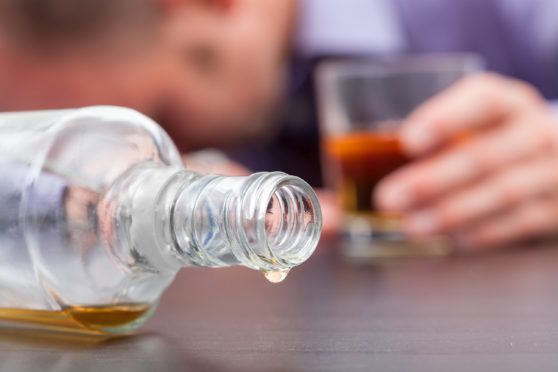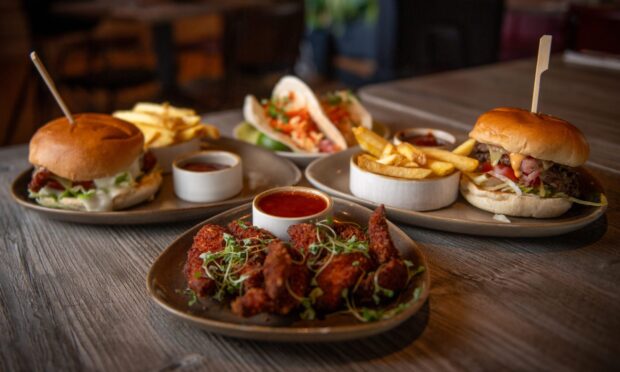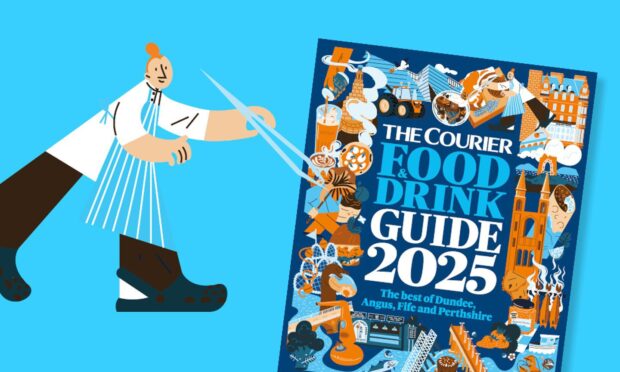Maybe I’m mistaken but we seem to have lost our ability to laugh about alcohol and its funny consequences. In bygone years, the village drunkard was a standard character in countless plays. Arguably, there are more jokes about drink than about sex. Music hall, radio and TV comedy sketches often portrayed the hazards of too much drink, especially whisky, but they made people laugh, they didn’t wag a censorious finger or make moral judgements.
Older readers may recall the great radio show ITMA, whose most popular character was the forever inebriated Colonel Chinstrap, whose constant reply to any offer of a drink, “I don’t mind if I do,” became part of the language.
Or think of Tintin’s boon companion, the hilarious Captain Haddock. When he first appeared he was a total alcoholic but, two books on, had reformed and almost become TT.
In Bernard Shaw’s Pygmalion, later the musical My Fair Lady, Eliza’s father—the dustman Alfred Doolittle—spends every spare minute and bawbee he has in the pub. Yet he is an endearing character.
Many public figures were renowned for their partiality to the dram. Churchill for one. Margaret Thatcher, and especially husband Denis, liked the odd “tincture”, or even three. And Russian President Boris Yeltsin was rarely known to be sober.
Drink has always had a key role in drama, particularly Shakespeare. Falstaff is a near-total drunkard and Lady Macbeth plots to get the king’s guards drunk so Macbeth can murder Duncan and pin the blame on them.
One can also say drinking songs are as much part of opera as love songs. Ask anyone what’s the best-known sea shanty and they’ll sing: “What do you do with a drunken sailor?” Audiences around the world sang along with Sir Harry Lauder when he warbled: “A Wee Doch ‘n’ Doris”. And one cannot count the Scots, Irish and American folk songs that are about whisky and illicit distilling.
So why have we gone so po-faced about drink in recent times? All right, alcohol has ended careers — we all lament George Best and Paul Gascoigne —and blighted many relationships and ruined many lives. However, I still feel laughter may be more therapeutic in certain circumstances than finger-wagging and threatening to set minimum unit prices.










